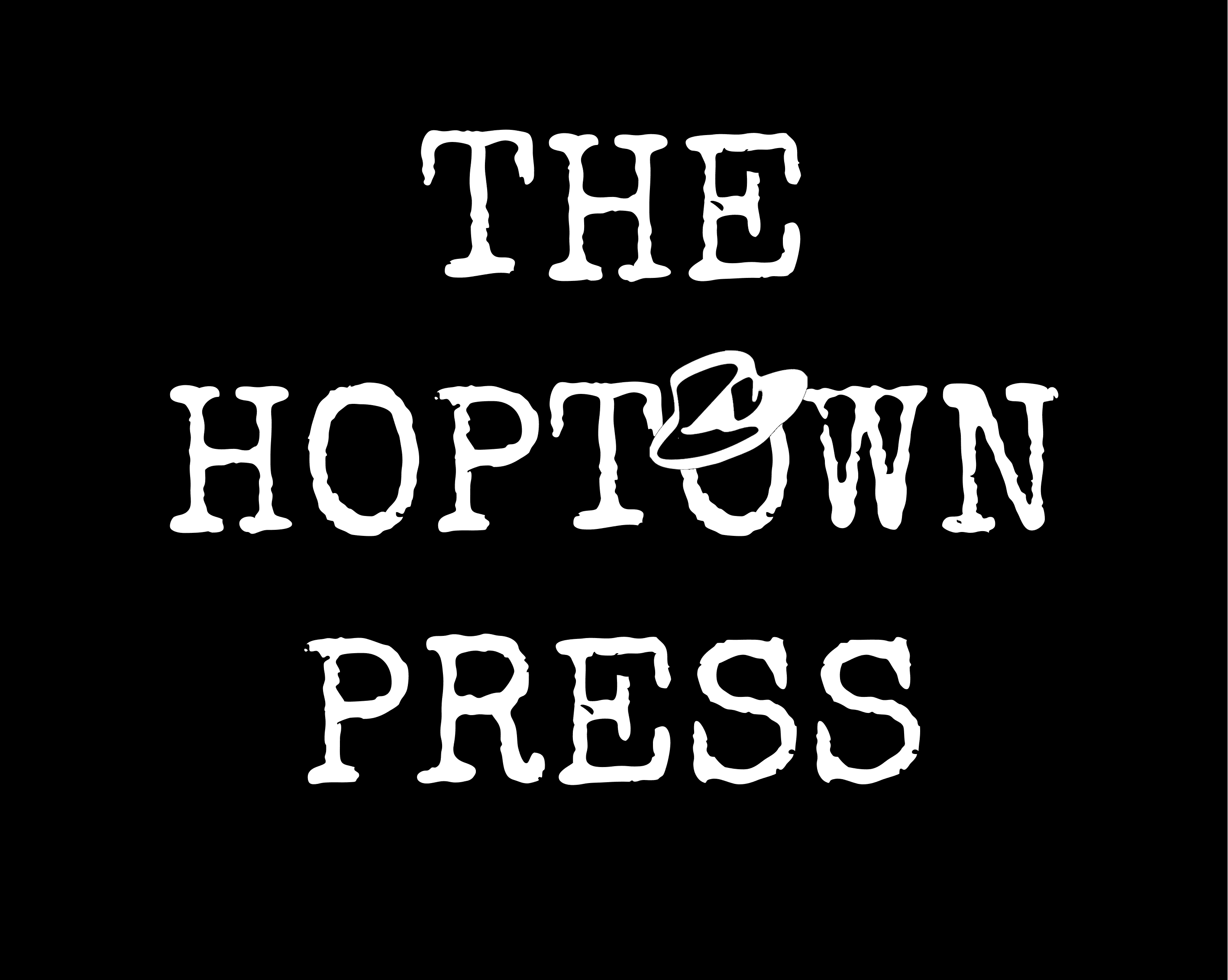February is Career and Technical Education Month, or CTE Month, which is a public awareness campaign which highlights and celebrates the tremendous accomplishments being made amongst CTE programs all across the country. It is also a time to recognize state and local community partners and stakeholders for their contributions to individual programs. Career and Technical Education encompasses courses and programs of study that focus solely on providing students with the academic and technical skills along with the knowledge and training needed in their future career paths.
My name is Matthew Handy and I am a Career and Technical Education teacher at Hopkinsville High School. This is my first full year teaching and currently I have three preps: Business and Marketing Essentials, Accounting and Finance Foundations, and Principles of Entrepreneurship.
Career and Technical Education is very important to me and has become the very fabric of who I am. I am a proud product of Career and Technical Education—I attended Gateway Academy to Innovation and Technology all four years of my high school career and studied Criminal Justice and Law Enforcement as well as Business Administration. Over the course of my high school career, I developed a strong passion for CTE and the vast hands-on experiences each class and field of study afforded me. Not only did each course equip me with the knowledge needed for my career path(s), it gave me an opportunity to put what I learned into action by studying real cases in law enforcement pathway and by operating the school store in the business pathway.
I’ve been fortunate enough to have had opportunities outside of my hometown and I am moved by the impact that CTE programs are having, not only in the Commonwealth of Kentucky, but also the country. Career and Technical Education has taken the country by storm—proving its importance through offering students career-based certifications and alternative certifications. During my stint as a Congressional Intern turned Staffer in 2018, I learned that of the 50 states, our Nation’s Capital of Washington, D.C., has the highest percentage of CTE concentrations in STEM and STEM-related career clusters right at 70 percent. It is also worth noting that according to the United States Department of Education statistics, the top three most prevalent career clusters in the nation’s high schools has been Arts, Audio-Visual Technology, and Communication, Business and Administration and Health Science.
When I reflect on the benefit(s) of Career and Technical Education programs across the country, I do not have to do a lot of research to figure out its relevance, I can speak from experience. Being able to take a number of CTE course during my high school career gave me a sense of direction. Career and Technical Education has a direct streamline with student achievement. I had an opportunity to explore different career options and was afforded the chance to “try out” potential careers and deciding if I was a fit for such career. It is proven that students need access to explore careers early so they can narrow do their focus and match their interests and skills.
While Career and Technical Education is good for helping students navigate through potential careers—CTE also focuses on the careers that are in high demand. There is a plethora of careers out there, but not all are in-demand or experiencing current or projected job expansion. As mentioned before, the three most high-demand clusters for schools in America right now consists of Information Technology, Business, Management and Administration, and Health Science. CTE programs, especially in Hopkinsville and the Christian County Public Schools District, effectively prepares students for these industries with the most significant job growth. Our courses within these career pathways cover all topics in key industry-recognized certification exams—which sets students on a path to obtaining relevant industry certifications that in turn prepares them beyond a high school diploma and potential equip them for the workforce straight after high school.
In an essence, there is not denying or discrediting the importance of Career and Technical Education and as a product of CTE courses I can attest to their successful track record—so much so that I, now, have dedicated my professional career to education, teaching in the Business and Marketing pathway, equipping the young minds of tomorrow with a vast knowledge of the business world. I have prided myself by incorporating real-world experiences in all my classes by inviting community members and stakeholders in to speak with my students about the elements of business, owning and operating a small/local business, and to share about their specific careers in business and marketing and accounting. Each guest speaker brings a different element to my class and is able to relate their profession to the current CTE courses offered—and it’s worth noting that most of the guest speakers I have invited was very candid about how they spent countless hours and money on higher education, but attests that the Career and Technical Education courses being offered on the high school level and students that take advantage of such are already ahead of the game and well more equip than those that have not taken a CTE course during their high school career.
I am honored to play such a small role in preparing students for life after high school and the ultimate goal is to have as many students that would like to, graduate high school and directly enter the workforce—which can only be made through the technical and career-based certifications offered through Career and Technical Education courses.



